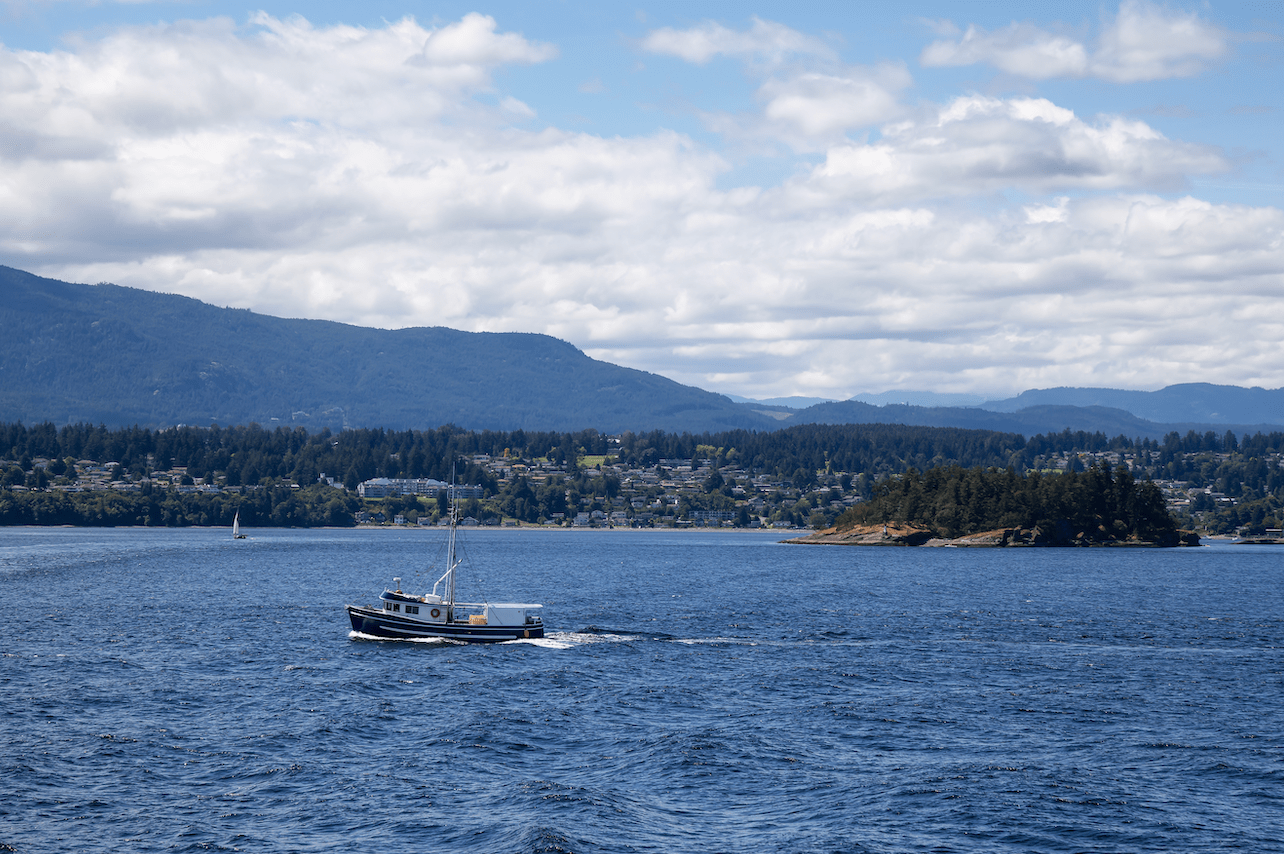BC – Community leaders are not as optimistic as they once were about the coastal forest industry, and most feel the industry is in worse shape now than it was just over a decade ago. Not surprisingly, mayors are concerned about job loss and the economic impact on coastal towns and cities. These are just a few of the findings from an extensive study measuring the pulse and perspectives of coastal communities undertaken by The Truck Loggers Association, which represents independent timber harvesting contractors working on BC’s coast.
“Contractors are the economic backbone of many rural communities,” explained TLA Executive Director David Elstone. “Since our last survey, more than 25 timber harvesting contractors have had to seek insolvency protection in communities throughout coastal BC.”
Communities Perspectives on the BC Coastal Forest Industry reports on the outcome of two surveys conducted by the TLA, one in 2004 and the other in 2015, benchmarking changes in attitude and expectation. The 27 community leaders who responded to our survey are quick to acknowledge the importance of forestry to their local economies and some see a recent market recovery in the coastal forest industry bringing hope back to their communities.
“Campbell River certainly has been adversely impacted… with the loss of the TimberWest sawmill and the Catalyst pulp mill. We see that [industry] starting to come back and we’re certainly welcoming it,” commented Andy Adams, Mayor of Campbell River.
Other findings released in the report are:
- 62% of community leaders show guarded support for log exports today as compared to 60% in the past.
- There is even stronger support for the working forest with 86% of community leaders supporting the concept compared to 80% in 2004.
- Nearly 30% of the mayors we reached out to think their communities were impacted by the creation of parks and protected areas, some positively, some negatively.
- There is strong support for First Nations involvement in the coastal forest sector, which has generated new opportunity in business and employment since our last survey.
- Community leaders continue to recognize the need to improve the image of the forest industry in order to attract young people to fill the projected 4,700 job openings in the coastal industry between now and 2022.
There is also consensus that more needs to be done. The TLA’s study indicates community leaders are frequently unsure of the province’s efforts to improve forest practices and policies, and even when they are aware they often have difficulty being heard. The TLA is committed to expanding its reach by sharing its unique community perspective with the provincial government to address the concerns expressed by its member companies and these communities.
“More than half of our community leaders are still optimistic about the future of forestry in the face of all the adversity the coastal forest industry has withstood over the past few decades,” points out Elstone, “We stand with them and will work to ensure the working forest and the industry it supports will continue to create jobs for local communities.”

